Navigating the Unexpected Rollercoaster
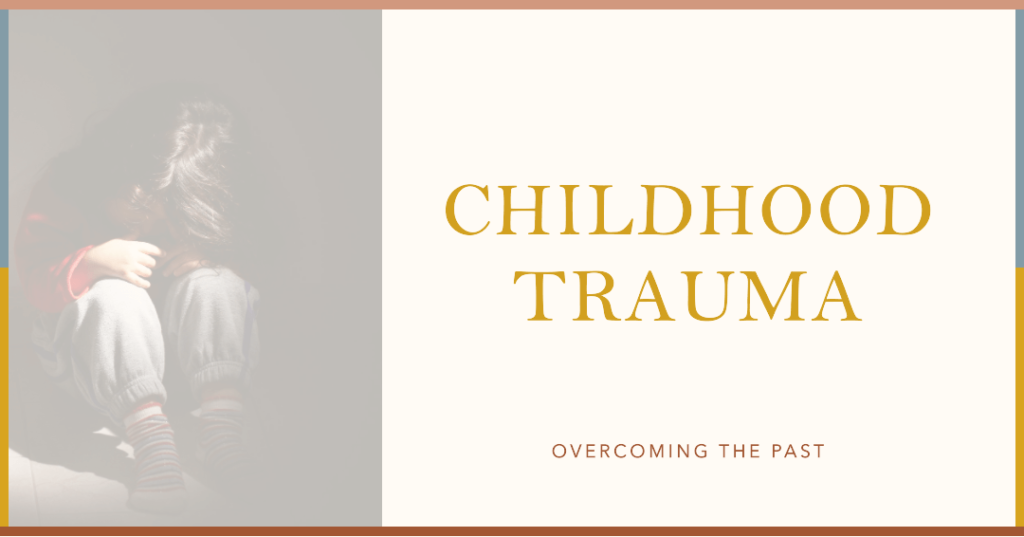
As I was about to dive into writing this post, a story caught my attention—a tale of someone who, as a kid, had a parent grappling with alcoholism.
Their dad would take one sip, and then the drinks just kept flowing. It left the family in constant turmoil, with their stressed-out mom desperately trying to cope.
The ripple effects were enormous—leaving them feeling unworthy, unloved, and questioning their own value. This, sadly, became the catalyst for a painful journey of self-harm. It’s a poignant reminder of how childhood trauma can shape our lives and linger in unexpected ways.
Understanding Childhood Trauma
Childhood trauma is a deeply personal experience that affects each person differently, but its impact can persist well into adulthood. It’s like that pesky guest who overstays their welcome, interfering with our daily lives and emotional well-being. The effects may even resurface after years or decades, often accompanied by underlying issues like depression and anxiety disorders.
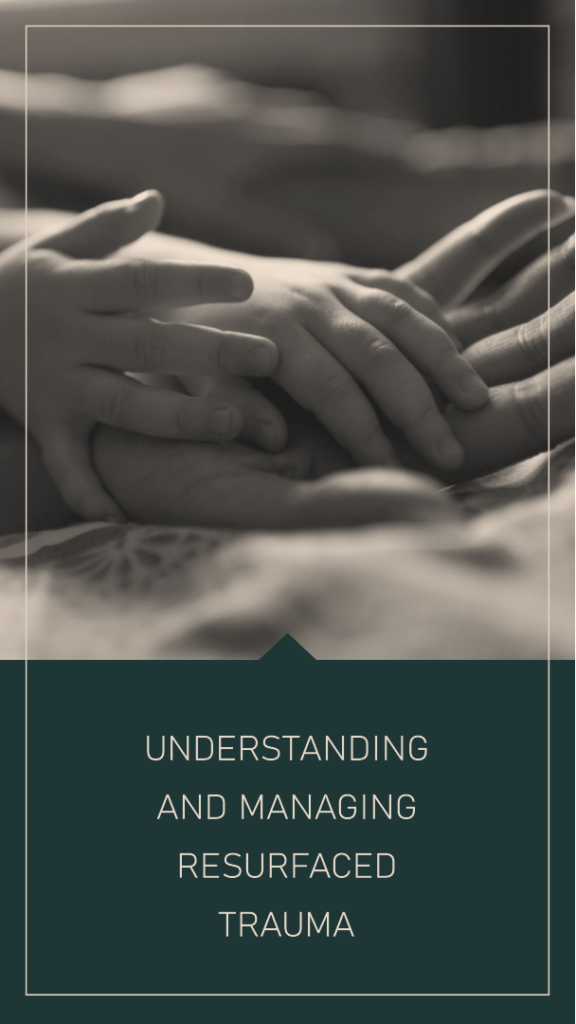
Coping with Resurfaced Trauma
Trauma manifests in mysterious ways. Sometimes it sneaks up on us, leaving us wondering if we’re experiencing the resurfacing effects of our past. Here are a few telltale signs to keep an eye out for:
- Emotional Numbness: Feeling like an emotionless robot? It could be a sign that the trauma is creeping back into your life, temporarily dampening your ability to experience emotions.
- Overwhelming Memories: Ah, memories—a double-edged sword. When those traumatic events flood your thoughts, bringing with them a swarm of negative self-perceptions, it’s a good indicator that the past is knocking on your door.
- Flashbacks and Sleepless Nights: Nightmares and intrusive thoughts can disrupt your peaceful sleep and make it a challenge to navigate the waking hours. If you find yourself battling vivid flashbacks, my friend, it’s time to take a closer look.
No One Should Walk Alone
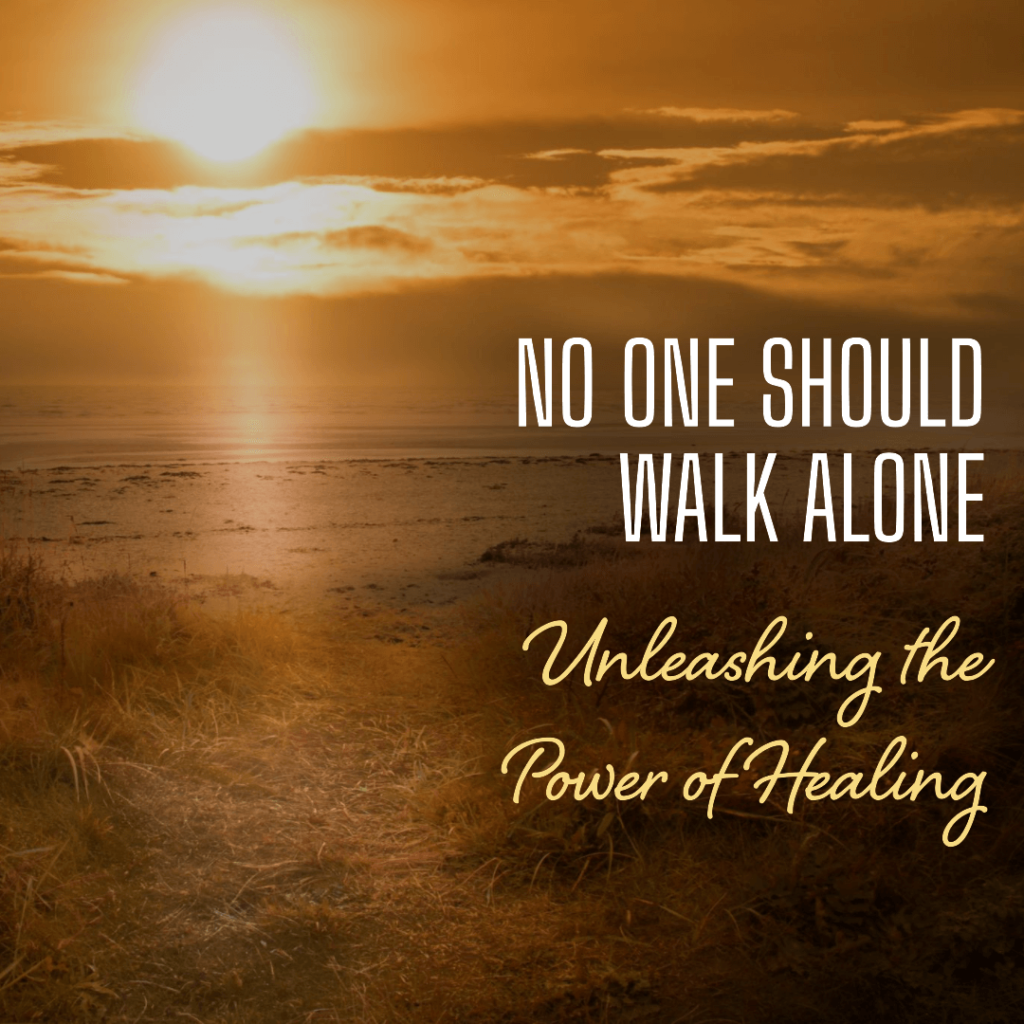
When trauma resurfaces, it’s important to remember that you don’t have to face it alone. Seek out someone you trust—a friend, a family member, or even a compassionate stranger—to lend a listening ear. If that’s not enough, fear not, my friend, for other avenues of support await!
- Embrace Professional Help: A skilled therapist can help you navigate the tangled webs of your life, piece by piece, until it all starts making sense again.
- Social Media as an Outlet: Oh, the wonders of the digital age! Engage with online communities on platforms like Facebook or Twitter to share your experiences and connect with others who’ve been through similar circumstances. Support groups are just a click away, my friend!
Unleashing the Power of Healing
Therapy, my dear reader, is not a one-size-fits-all solution. It’s crucial to find a therapist who understands the unique challenges you’ve faced. Here’s what you need to keep in mind:
- Ask Questions and Communicate: Your therapist is not the enemy—quite the opposite, actually! Ask all the burning questions you have, and make sure they have the necessary experience to guide you towards healing.
- Set Goals Together: Collaborate with your therapist to establish clear goals and regularly discuss your progress. This alignment ensures that both of you are working toward what’s most important, while adapting and adjusting as needed. It’s a therapeutic dance!
Unpacking the Baggage
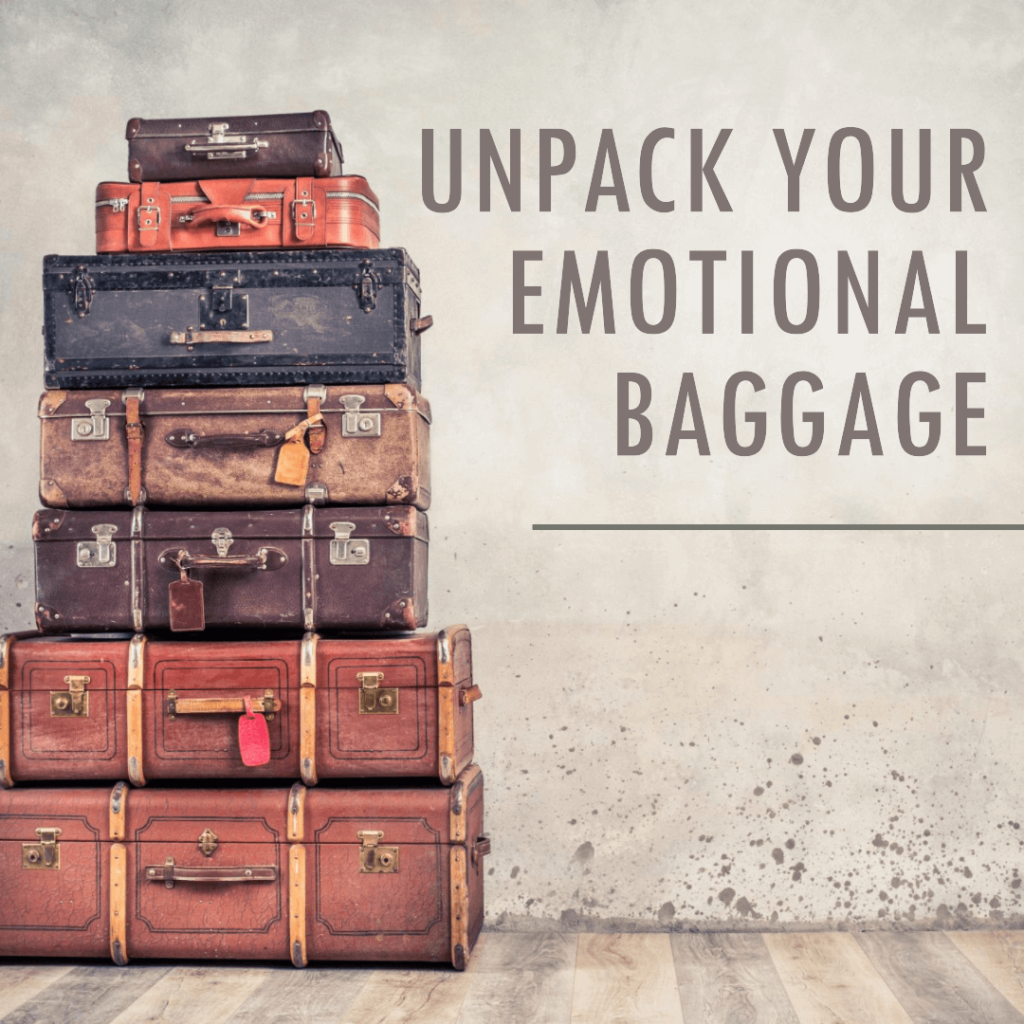
You may have heard the term “trauma” thrown around, and it can mean different things to different people. In general, trauma refers to experiences or events that have inflicted immense stress upon us. Brace yourself, for these unwelcome souvenirs can wreak havoc in multiple aspects of our lives:
- Physical Health Takes a Hit: Headaches and other physical ailments may rear their heads, reminding us that our bodies remember the pain too.
- Mental Health Matters: Anxiety, depression, and a host of other mental health issues often lurk in the shadowy corners of trauma’s aftermath. It’s an unfortunate reality, but one we must confront head-on.
- Relationships in Flux: Trauma can cast a long shadow over our ability to form new connections and maintain healthy relationships. It’s like a challenging obstacle course, but with the right support, we can navigate it successfully.
The Raw Wounds That Need Tending
Let’s Feel All the Feels
Emotional trauma is a natural response to traumatic events—yet it can also stem from physical or emotional abuse, neglect, or other distressing experiences. Let’s explore its impact:
- Feelings of Sadness and Anger: If you’ve been a victim of abuse as a child, waves of sadness and anger may crash upon the shores of your emotions, serving as reminders of the past. Nightmares might haunt your nights, replaying the traumatic situations you endured.
- The Mental Health Tangle: Emotional trauma can lead to mental health challenges like depression or anxiety. When our emotions are shaken to the core, our nervous systems react in unhealthy ways, leaving lasting imprints on our overall well-being.
A Safe Haven for Your Story
Never forget that your mental health deserves your utmost attention—especially if you’ve endured childhood trauma. Research shows that those who have experienced such trauma are more likely to encounter mental health struggles later in life. So, let’s embrace the power of talking it out, both with loved ones and with ourselves! You never know how you’ll react to something, nor who else might be impacted.
And remember, expressing your feelings, even the not-so-rosy ones like depression or anxiety, can be a game-changer. It doesn’t matter if you’re feeling good or bad; what matters is acknowledging that someone out there cares enough to listen and wants to understand—because every story has two sides (even if they’re not always simple).
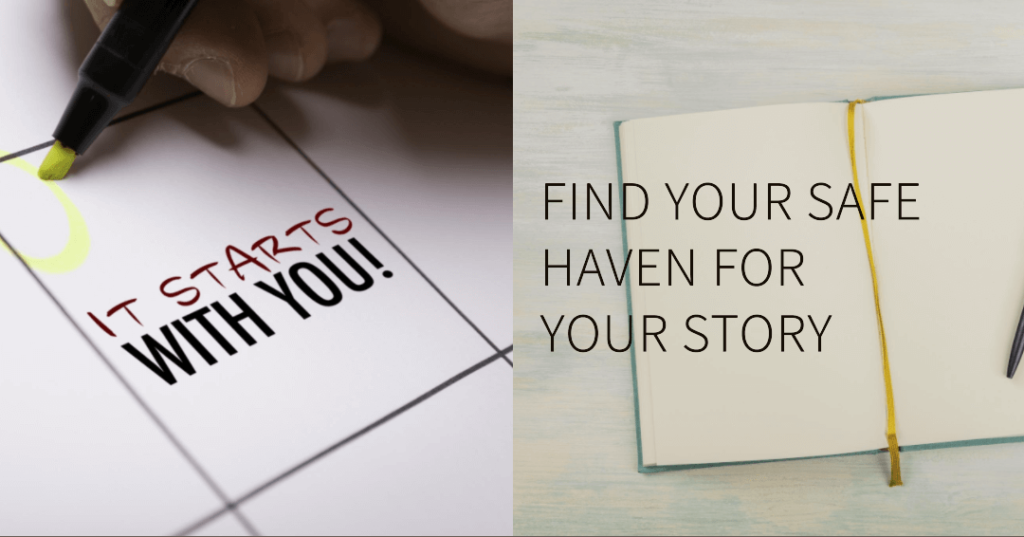
Therapy is that sacred space where you can unpack your experiences, unravel the threads of trauma, and discover new ways to manage your emotions and reactions. It’s where you build a support network of empathetic souls who understand the intricate dance of healing.
Take heart, for recovery is not just a dream—it’s a tangible reality. It requires time, effort, and perseverance, but it can happen. Remember, healing is not a competition; it’s a personal path, and you are the hero of your story.
Self-care and support from others become your guiding lights on this journey to wellness. And hey, a little humor and a piece of chocolate (or two) never hurt anyone! So, embrace the bumps along the road, knowing that with love, patience, and some delicious treats, anything is possible.
Conclusion
In the realm of childhood trauma, unexpected resurgences can catch us off guard. But fear not, my friend, for you are not alone in this battle. Help and support are available to guide you and your loved ones through the twists and turns of healing. Remember, even if it’s been a while since your past experiences, healing is possible with the right care and attention.
So, buckle up and embrace this rollercoaster ride. Together, we’ll navigate the complexities of unresolved childhood issues, offering support to survivors of childhood trauma every step of the way. Let resilience be your beacon, guiding you toward a future filled with strength and joy.

I want to extend a heartfelt thank you for taking the time to read this blog post. I hope it was informative, insightful, and most importantly, useful to you. Mental health is an important topic that affects us all, and I’m grateful for the opportunity to share my thoughts with you.
If you have any thoughts or comments, I encourage you to leave them in the comment box below. Your feedback is essential to me and helps me create content that is tailored to your needs.
If you found this post helpful, please subscribe to my newsletter for more resources and updates on mental health. You can also reach out to me via email if you have any questions or just want to chat. Remember, taking care of your mental health is important, and you are not alone.
Leave a Reply